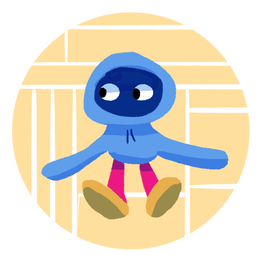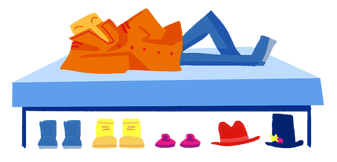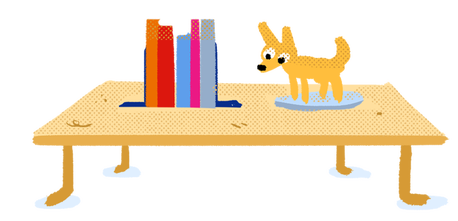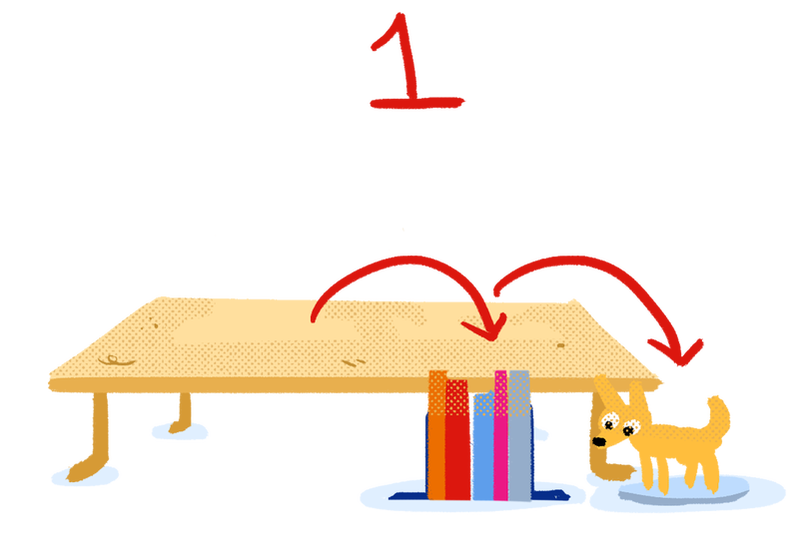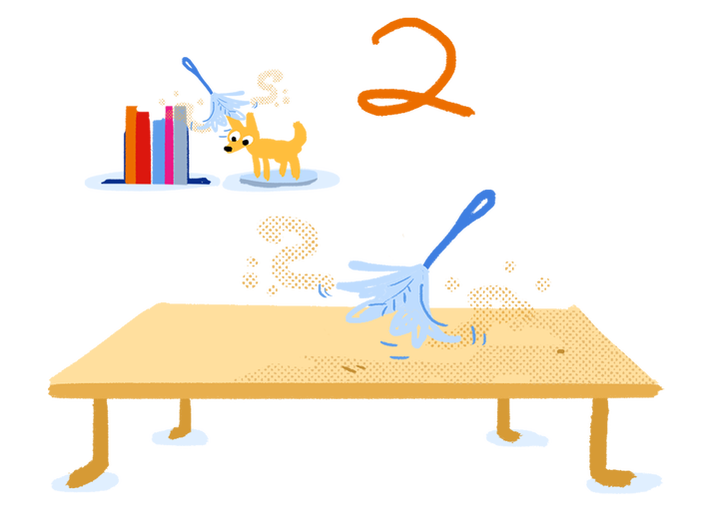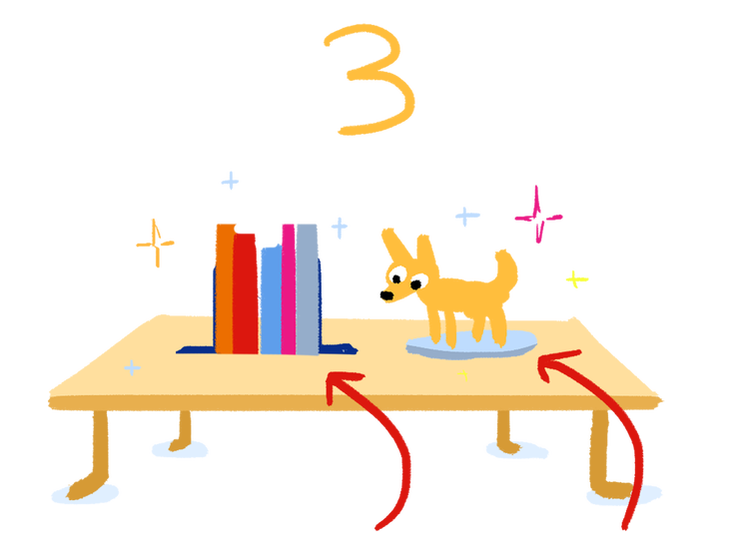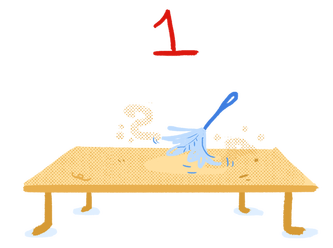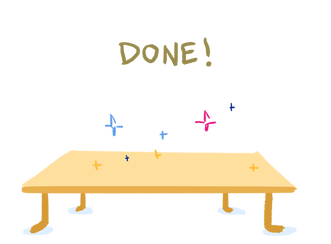|
A popular explanation for the clutter of one's house is the owner's lack of organizational skills. "I'd keep it cleaner, but I'm just not organized." It is perfectly fine to not enjoy organizing. To those of you out there that could take or leave labels and categories, I have good news for you: You don't have to be organized to be clean. And unfortunately, the inverse is true as well: people who are organized don't necessarily keep clean houses. In fact, people who obsess about organizing (like me) often have a harder time with minimizing and staying clean!
Change your habits for accumulation.
When everything has a comfy place, the sensation of clutter fades.My favorite example for this is shoes! Shoes, when in excess and without the right "organization" to seperate them, can be a huge source of stress. They're an object in which the force of habit can be very strong, and so we hide away shoes we never wear but might need at some point, and at least if you're me, wear the same 3 pairs of shoes every day. If we feel motivated to bring more shoes in the open in order to encourage wearing them more, the result can be a cluttered space full of guilt fighting habit. Shoes are a great item to narrow down to your absolute favorite pairs for each occaision. Push comes to shove, when that party comes around, I'm going to wear that one pair of heels that don't hurt like crazy. I'm going to wear my converse, sneakers, or docs to work. I keep all of our shoes under the bed just at the edge, so they're out of reach of being tripped on but are easy to grab. These days, I can reach under the bed at a certain location and know the pair I want will be there. The distress and guilt I felt about owning a giant shoe-bag full of shoes I never wore has faded away, and I feel a comforting sense of familiarity with the 6 or so pairs of shoes that are still in my life. Organized clutter is still clutter.Too many books that you organize by color, genre, and type, are still too many books. You can check out my tidy trilogy post for more info on this. In addition, less stuff means less of a need for labels, file systems, folders, and containers. If you decide to discard your collection of NatGeo mags, that means you don't have to figure out a place and a system for keeping them organized. Open spaces are easier to clean.A giant rack full of DVDs or books is a challenge to clean or dust, since you must take out all of the books, wipe them down, wipe their surface down, and put them all back. In Fumio Sasaki's book Goodbye Things, he talked about minimalism making cleaning three times faster. To clean a table with a bunch of knick knacks on it, you need to: To clean a table that has nothing on it, you need to: This principle can be applied in many different places in the house at varying degrees. When thinking about how you want to structure your space, you will always benefit from thinking of the upkeep it will require. And less stuff will always equal less upkeep. ConclusionThere are overlaps between this post and an earlier post of mine, which covered the difference between Minimizing, Organizing, and Tidying. What spurred me to write this post was thinking about the tidy material I've seen that talks about organizing like an immovable pillar of the perfect lifestyle. I think that outlook is a bit unfair to people who may not be suited for organizing, but still want to live a tidier life. The prospect of reducing the need for organization is honestly a huge relief for myself, as I used organizing as a band-aid for excess for many years. Minimalism, in my mind, is the critical thinking key to creating a space for yourself that you enjoy. I hope y'all find these thoughts helpful! Until next time!
1 Comment
|


